Curriculum for Excellence – Bringing Learning to Life.
Scottish education has changed with the introduction of Curriculum for Excellence, which aims to develop the four capacities in our children and young people:
• Confident individuals
• Successful Learners
• Effective Contributors
• Responsible Citizens
These four capacities reflect the purpose of Curriculum for Excellence, the aim of which is to provide our children with the best possible teaching and learning experiences that are more relevant to our changing world.
Curriculum for Excellence has been designed to ensure that children and young people are as fully engaged in their learning as possible whether in early years, primary or secondary school and at all crucial stages. It brings real life into the classroom and takes lessons beyond the classroom. It promises to support children in every way possible so that they can fulfil their potential and make the most of their opportunities.
Curriculum for Excellence is all about bringing real life into the classroom and taking lessons beyond it, being creative, and ensuring that our children are learning at an appropriate pace. Learning and teaching will still focus on key subjects and knowledge.
The curriculum offers breadth and balance across the 8 key subject areas:
• Expressive Arts
• Health and well-being
• Languages
• Mathematics
• Religious and moral education
• Sciences
• Social studies
• Technologies
However there is a strong emphasis on linking learning between subjects and this is carefully planned by teachers. It is important that learning in school relates to real life and helps our children to be effective participants in society with well developed skills for learning, life and work.
How is Curriculum for Excellence Organised?
Children’s learning will progress through 5 Curricular Levels or Stages from the age of 3 to 18. Each of the Levels or Stages generally spans three years. However, children progress at different rates and some may need support, while others will achieve confident learning skills sooner.
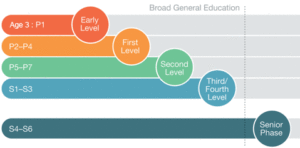
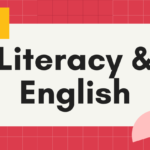 Teaching in Language includes the key elements of Listening and Talking, Reading and Writing. This is taught in a variety of ways, both discreetly and within the context of other curricular areas. Carefully planned learning will give children opportunities to learn in meaningful, relevant and interesting contexts. This will be supported by the use of textbooks, novels, media and other relevant and appropriate resources.
Teaching in Language includes the key elements of Listening and Talking, Reading and Writing. This is taught in a variety of ways, both discreetly and within the context of other curricular areas. Carefully planned learning will give children opportunities to learn in meaningful, relevant and interesting contexts. This will be supported by the use of textbooks, novels, media and other relevant and appropriate resources.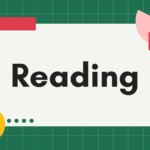 We have a very structured approach to teaching children how to read. At the Early Stages emphasis is placed on reading aloud i.e. decoding the printed word. We progress to teaching more sophisticated reading skills focusing on reading for understanding and research and reference skills. We use a range of comprehension materials to support the development of higher order reading skills.
We have a very structured approach to teaching children how to read. At the Early Stages emphasis is placed on reading aloud i.e. decoding the printed word. We progress to teaching more sophisticated reading skills focusing on reading for understanding and research and reference skills. We use a range of comprehension materials to support the development of higher order reading skills.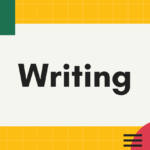 Children will learn a wide range of writing skills useful and relevant to real life. This will involve many opportunities to create text and stories. Many writing activities will come from the different contexts that the class is focusing on and will be supported by the core methodology within Big Writing. Children will also be taught the technical skills of spelling, handwriting and grammar. A cursive handwriting style is used throughout the school.
Children will learn a wide range of writing skills useful and relevant to real life. This will involve many opportunities to create text and stories. Many writing activities will come from the different contexts that the class is focusing on and will be supported by the core methodology within Big Writing. Children will also be taught the technical skills of spelling, handwriting and grammar. A cursive handwriting style is used throughout the school.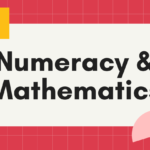 We provide a carefully structured and balanced programme of study for all children. Learning and teaching in mathematics involves the key aspects of:
We provide a carefully structured and balanced programme of study for all children. Learning and teaching in mathematics involves the key aspects of: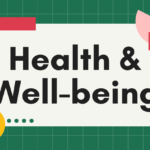 We follow the programme outlined within Curriculum for Excellence and focus on mental, emotional, social and physical well-being. This work is introduced throughout the curriculum in a variety of ways; through contexts for learning, interdisciplinary studies, with science, and sometimes discreetly.
We follow the programme outlined within Curriculum for Excellence and focus on mental, emotional, social and physical well-being. This work is introduced throughout the curriculum in a variety of ways; through contexts for learning, interdisciplinary studies, with science, and sometimes discreetly.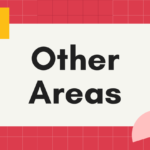 In all other areas of the curriculum we follow the experiences and outcomes set out in Curriculum for Excellence. We aim to offer the children a well structured and progressive learning experience through interesting and relevant contexts.
In all other areas of the curriculum we follow the experiences and outcomes set out in Curriculum for Excellence. We aim to offer the children a well structured and progressive learning experience through interesting and relevant contexts.